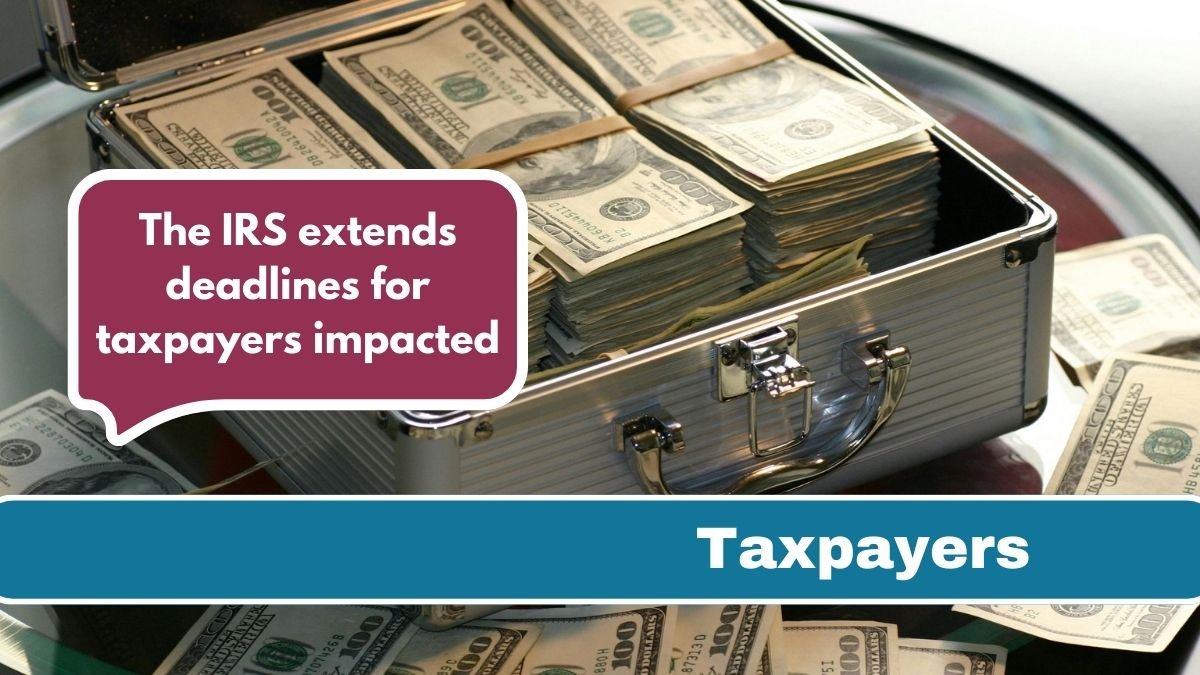Natural disasters can be overwhelming. In addition to the emotional and physical toll, dealing with financial obligations like taxes can feel impossible. The good news? The IRS understands this struggle and often steps in to help. If you’ve been impacted by a natural catastrophe, the IRS might offer extended deadlines, giving you extra breathing room to sort things out.
What Does This Mean for Taxpayers?
Let’s face it—when a natural disaster hits, taxes are probably the last thing on your mind. You might be dealing with damage to your home, displacement, or even loss of income. Recognizing these challenges, the IRS often extends tax deadlines for people in affected areas. This means you get extra time to file returns, pay taxes, or handle other tax-related tasks. Think of it as a financial umbrella during a stormy time.
Who Qualifies for the Deadline Extensions?
Not everyone automatically qualifies, but if you live in an area declared a disaster zone by the federal government, you’re likely eligible. Typically, the IRS bases eligibility on your address or the location of your tax records. Businesses, individual taxpayers, and sometimes even relief workers helping with disaster recovery efforts can benefit.
How Do the Extensions Work?
The IRS doesn’t just push the deadlines a day or two—they usually provide significant extensions. For example, if your area was hit by a hurricane in August, the IRS might extend deadlines for quarterly payments or other filings to the end of the year. It’s like getting a late pass when you’re stuck in traffic—only this time, the “traffic” is a life-altering event.
Here’s a simple table to explain it better:
| Tax Obligation | Original Deadline | Extended Deadline (Example) |
|---|---|---|
| Filing Individual Tax Returns | April 15 | October 16 |
| Quarterly Estimated Payments | September 15 | January 31 (following year) |
| Business Tax Returns | March 15 | September 15 |
Note: The exact deadlines vary depending on the disaster and the IRS announcement.
How to Check If You’re Eligible
You don’t have to guess. The IRS usually announces extensions for specific disasters on their website. You can also call their hotline if you’re unsure. They’ll let you know whether your zip code is covered or if you need to do anything extra to qualify. Pro tip: Bookmark the IRS disaster relief page for quick updates!
What Should You Do Next?
First, don’t panic. Once you know you’re eligible, focus on other pressing matters like ensuring your safety and securing your home. The IRS gives you this time for a reason—they understand you might not have immediate access to your tax records or the bandwidth to deal with taxes right away.
When you’re ready, gather your documents, speak to a tax professional if needed, and file as soon as possible. Even though the IRS extends deadlines, it’s always better to handle things early if you can.
Why This Relief Matters
Imagine trying to rebuild your life while stressing over tax deadlines. It’s like trying to swim while carrying a backpack full of rocks. By extending deadlines, the IRS removes some of those “rocks,” giving you the chance to focus on what truly matters—your recovery.
Conclusion
Natural disasters are stressful enough without worrying about taxes. If you’ve been impacted, take comfort in knowing the IRS has measures in place to support you. Use the extra time wisely, and don’t hesitate to seek professional help if you need it. After all, the goal is to make this difficult time just a little easier.
FAQs
How do I know if my area qualifies for an IRS extension?
Check the IRS disaster relief page or contact their support line to confirm your eligibility.
Do I need to apply for the extension, or is it automatic?
If you’re in a federally declared disaster zone, the extension is usually automatic. However, it’s good to double-check.
What if I still miss the extended deadline?
You might face penalties, but you can apply for penalty relief if you have a valid reason.
Are extensions only for filing taxes?
No, they often apply to tax payments, filing amended returns, and other tax-related tasks.
Can businesses benefit from these extensions too?
Absolutely! Businesses in affected areas can also qualify for extended deadlines.





